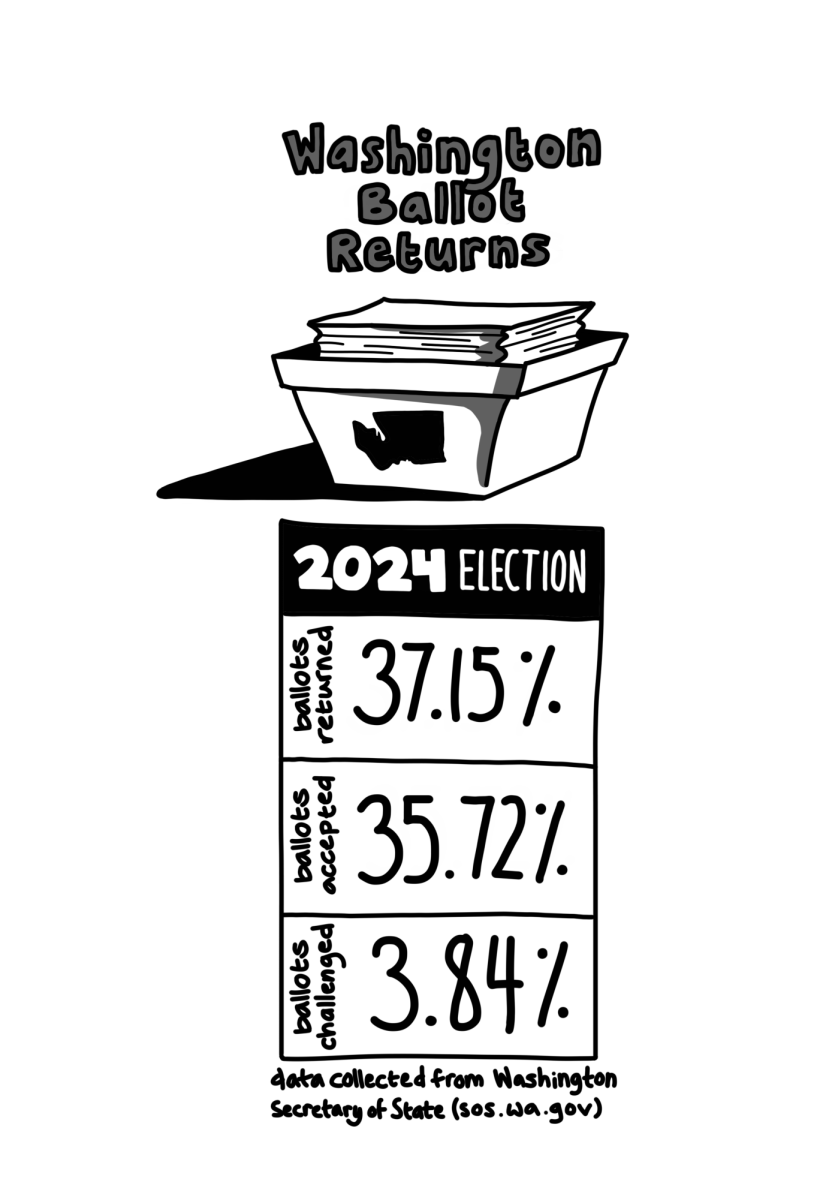Among a number of new professors on campus this year is Professor Sudharshan Seneviratne, a Sri Lankan archeologist and historian serving as the J. Arnold Professor, a visiting professorship at Whitman.
Seneviratne is no stranger to Whitman, having delivered the Jackson lecture on campus in 2006 discussing politics of the past. He has taught at the prestigious University of Peradeniya in Sri Lanka, as well as a number of American colleges and universities. He particularly admires liberal arts colleges, and recently taught at Bowdoin College, Swarthmore College and Carleton College.

“Though I spent time teaching at big-name places like Cornell [University], I came to admire liberal arts schools. They are so cultured, so human, concerned about human beings and involvement of those issues, critical thinking, and have gentleness you don’t see otherwise,” said Seneviratne. “Both faculty and students are very engaged.”
Professor Seneviratne is also extensively involved in global issues.
“I work with Amnesty International, especially on human rights issues in my country and on issues of intellectual freedom,” he said. Sri Lanka has experienced a history of human rights issues and civil war, and Seneviratne has worked in understanding these problems as a Sri Lankan and as an academic. He values the liberal arts tradition of examining these types of problems.
“Liberal arts colleges are an oasis for those kinds of things, and students are so conscious on issues,” said Seneviratne.
Though he specializes in South Asian archeology, Professor Seneviratne has knowledge of a variety of other disciplines to help him in his work.
“I do a lot of cross-cultural work, and I try to be very strong in multidisciplinary studies. What I try to look at is mainly social archeology,” he said. “We try to understand past societies, how they behave, trying to see how we can understand contemporary societies through that.”
He stresses understanding subjects beyond books, and emphasizes gaining knowledge from methods other than reading. In Sri Lanka, he worked to bring local school children to watch archeological excavations, telling and showing them what they were finding. Seneviratne says this type of education is valuable because it gives us a physical reminder of things we learn.
“We are stuck in the text, but now we have gone beyond it. Text can only give you a limited quantity of information, but if you fill in the gaps with material remains, you might be able to get a better picture,” he said.
Seneviratne has published works dealing with cultural identities, diversity, conflict resolution and the role the past plays in the present world.
“To understand the present, you need the past. I’m trying to teach my students how you give life to dead material things. All of these carry a fingerprint in human thought and action,” he said. This semester Professor Seneviratne is teaching City, State, and Social Ideology in Early South Asia and Issues in South Asian Archeology.
He is already thinking about ways increase cultural awareness on campus, including a possible new or expanded campus museum, in addition to the one already in place.
“Museums can be educational and training centers for students,” he said, adding that Walla Walla’s rich history could allow for many artifacts in such a museum.
“The cultural awareness, diversity and connectedness with all things are paramount in liberal arts colleges,” he said. “I see all that at Whitman.”








